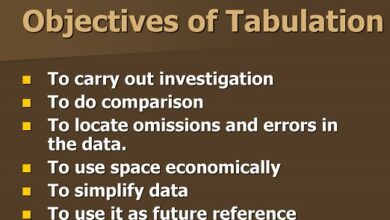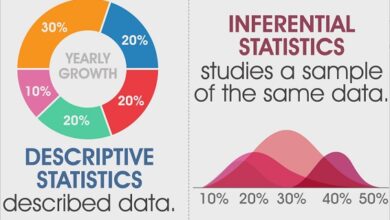Research Writing
Research Writing
Research writing is a process of inquiry that involves gathering and analyzing information in order to answer a question, solve a problem, or explore a topic. Research writing is often used in academic and professional contexts, such as in research papers, dissertations, reports, and articles.
The research writing process typically involves several stages. The first stage is selecting a research topic or question. This involves identifying a problem or area of inquiry that is of interest to the researcher and that has not already been extensively studied. The research question should be specific and focused, and should be framed in a way that can be answered through research.
The next stage is conducting a literature review. This involves gathering and analyzing existing research and scholarship on the topic of inquiry. The literature review provides the researcher with an understanding of what has already been studied, what gaps exist in the research, and what questions remain unanswered. The literature review also helps the researcher to identify key theories, concepts, and methodologies that will be relevant to their own research.
The third stage is developing a research design. This involves determining the methodology that will be used to gather data and answer the research question. The methodology may involve collecting data through surveys, interviews, observations, experiments, or other methods. The research design also includes developing a plan for analyzing the data that is collected.
The fourth stage is collecting and analyzing data. This involves actually carrying out the research, gathering data, and analyzing it in order to answer the research question. Data analysis may involve statistical analysis, qualitative analysis, or a combination of both.
The final stage is writing up the research findings. This involves communicating the results of the research in a clear, concise, and organized manner. The research report typically includes an introduction, literature review, methodology, results, discussion, and conclusion. The introduction provides an overview of the research question and the purpose of the study. The literature review summarizes the existing research on the topic. The methodology describes the research design and the methods used to gather and analyze data. The results section presents the findings of the research. The discussion section interprets the results and explains their significance. The conclusion summarizes the main findings and implications of the research.
Research writing is an important tool for generating new knowledge and understanding in a wide range of disciplines. It allows researchers to explore new ideas, test hypotheses, and make contributions to their fields. Moreover, research writing helps to promote critical thinking skills, as researchers must evaluate evidence, analyze data, and interpret results in order to draw conclusions. In addition, research writing plays an important role in professional development, as it allows researchers to communicate their findings to colleagues and stakeholders, and to contribute to ongoing debates and discussions in their fields.
-

Sources of research Characteristics identification Types
Research sources are the various types of documents that provide useful information and knowledge needed to carry out an investigation and, consequently,…
Read More » -

Non experimental research Features Types Examples
An experimental research is one in which uncontrolled or manipulated study variables. To develop the research, the authors observe the phenomena to…
Read More » -

What is observation Tools importance qualities of a good observer examples
Being a good observer in a fundamental aspect when carrying out an investigation. Observation is the process of observing someone or…
Read More » -

What is meta analysis Preparation Methodology Quick review
Systematic review and meta-analysis are essential tools for synthesizing the evidence needed to inform decision making. Systematic reviews summarize the…
Read More » -

Types of Case Studies Structure finding data When to use
The cases reflect the uncertainty of the real-world management environment in that the information presented is often imprecise and ambiguous. There…
Read More » -

Grounded theory Background Characteristics Data analysis Methodology
Grounded theory is a research method that deals with the generation of theory that is grounded in data that has…
Read More » -

What is tabulation Parts example goals data execution Tab Types
A tabulation plan is a set of tabulation specifications, in which a research analyst outlines all the tables, statistics, and…
Read More » -

What is inferential statistics with Linear Model and Descriptive Statistics
Inferential statistics With inferential statistics, you try to reach conclusions that go beyond the immediate data. For example, we use inferential…
Read More » -

Item response theory classical test theory Function Characteristic Curve
Item response theory (IRT), also known as latent response theory, refers to a family of mathematical models that attempt to…
Read More » -

What are periodicals Tips for finding How to find items Examples
Most periodicals digital news databases begin coverage in the 1990s. And while some begin in the late 1980s, they are…
Read More »